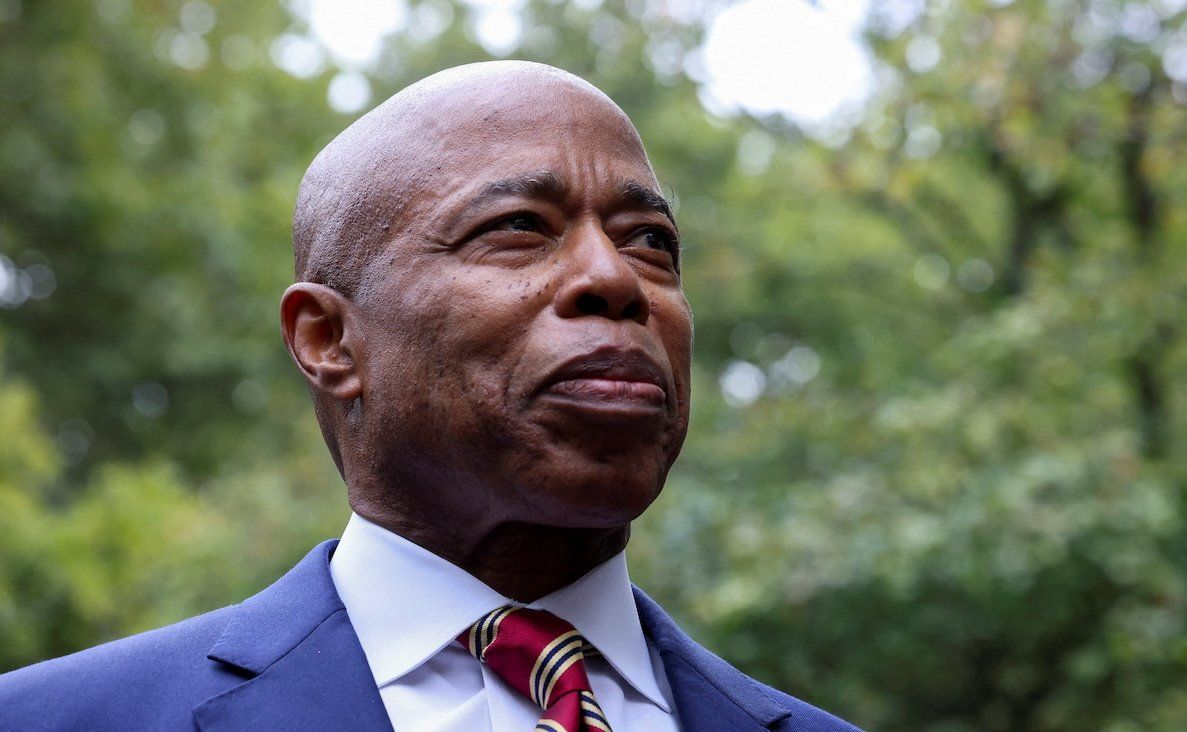The indictment follows a three-year investigation of Adams and top officials that focused in particular on whether he had accepted money and gifts from Turkey in exchange for furthering Ankara’s interests in New York.
Adams, a Democrat and former police officer elected on a law-and-order platform in 2021, says the charges are “false” and that he won’t step down, despite rising calls to do so — in particular from local Democrats eyeing next year’s mayoral election. New York Gov. Kathy Hochul, who is empowered to remove him, says she is weighing a decision.
Scandal-plagued and unable to master twin crises of public disorder and a rapidly growing migrant population, Adams is deeply unpopular at home. He has also clashed with the Biden administration over immigration, criticizing the White House for not doing more to secure the border and help cities manage the influx.
If he’s ousted: Public Advocate Jumaane Williams, a progressive Democrat who has sharply criticized Adams, would take over, with 90 days to call a special election.